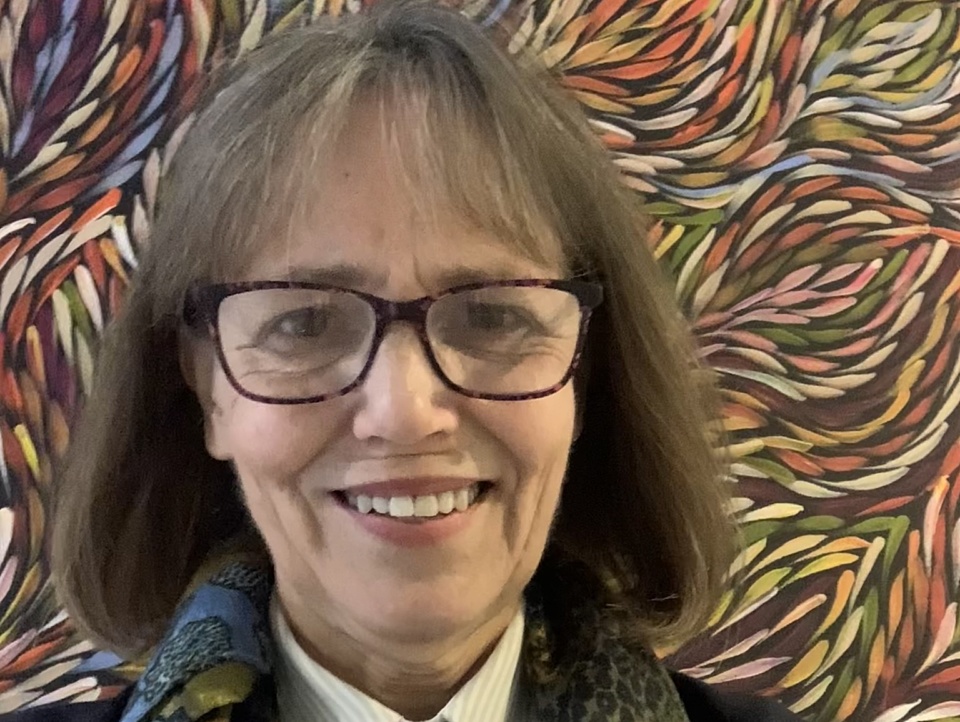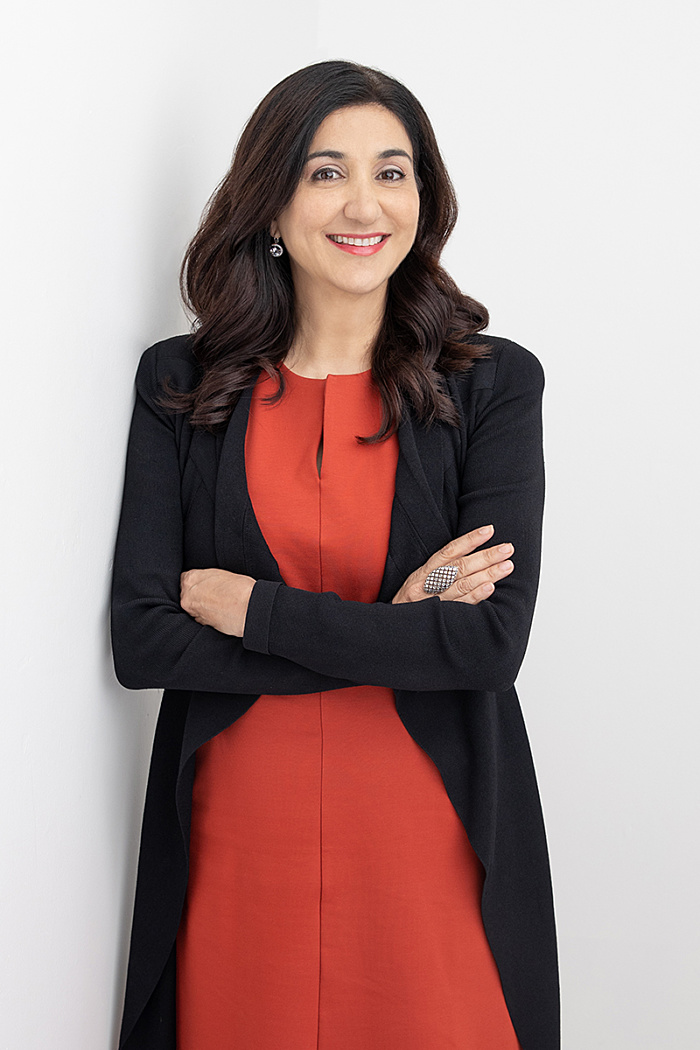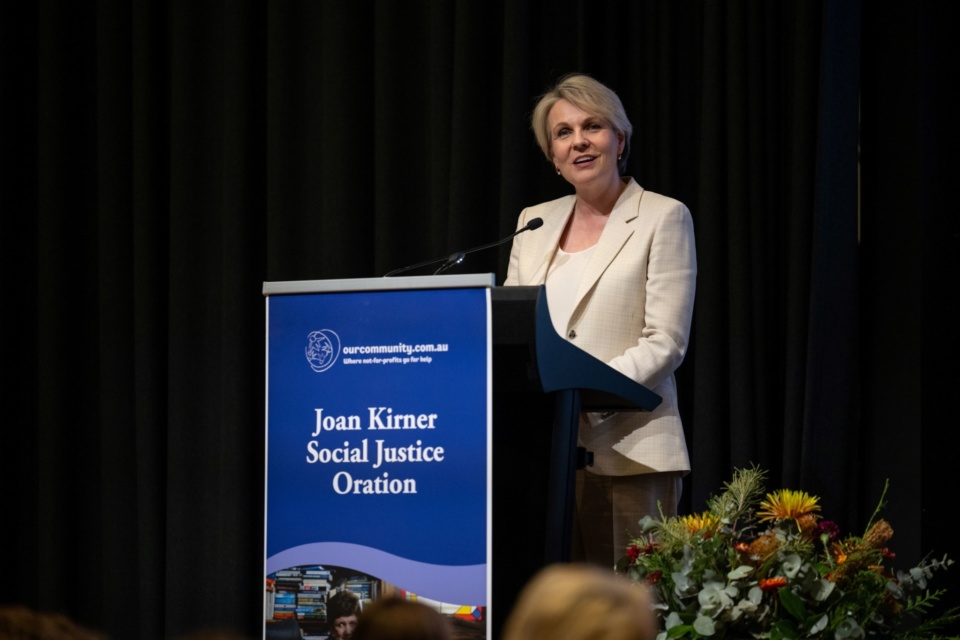
People with Purpose: From high-flying travel to high-flying advocacy
Posted on 01 Jun 2024
After travelling the world, Community Council for Australia partnerships manager Deborah Smith set…
Posted on 14 May 2024
By Greg Thom, journalist, Institute of Community Directors Australia

Companies are being urged to disclose the cultural, ethnic and racial make-up of their boards to ensure greater accountability and transparency.
Diversity Council Australia (DCA) wants companies listed on the Australian Stock Exchange (ASX) to report on the diversity of their board membership beyond existing gender-based requirements.
DCA has joined forces with the University of Sydney Business School and the Jumbunna Institute for indigenous Education and Research at the University of Technology Sydney (UTS) to push for the reform.
The trio have made a joint submission calling on the Australian Stock Exchange to incorporate objectives for greater cultural and racial diversity in its corporate governance principles.

The pro-diversity push has been made as part of the consultation on the fifth edition of the ASX Corporate Governance Council Principles.
A consultation draft emphasises board diversity initiatives as one of the key areas being considered for revision in line with:
Diversity Council Australia CEO Lisa Annese said that when the ASX first introduced gender targets and reporting in 2010, women’s representation in ASX leadership increased significantly.
“However, when it comes to considering leadership diversity beyond gender, Australia is lagging, with only a small percentage of entities including First Nations peoples, people who are culturally, ethnically or racially diverse, LGBTQI+ employees and people with disabilities in their diversity reporting.
“Given the current backlash against and increasing hostility towards diversity and inclusion practices in Australia and globally, encouraging companies to set and publicly report on diversity targets is critical.”
Ms Annese said ASX-listed companies have a key role to play in championing diversity and inclusion in today’s complex environment by ensuring their leadership reflects the diversity of the communities they serve.
“Given the current backlash and increasing hostility towards diversity and inclusion practices in Australia and globally, encouraging companies to set and publicly report on diversity targets is critical.”
Professor Nareen Young, associate dean of Indigenous leadership and engagement at UTS Business School, said understandings of “diversity” had changed.
"It is high time we move beyond the understanding that diversity means a limited cohort of white women, and towards ensuring that boards represent the communities they serve. It is not complex or complicated – it's straightforward.”
Professor Young said companies needed to embrace the capabilities and knowledge of First Nations people, people of colour, and culturally and racially marginalised people in relation to Australian boards.
“Governance skills are not the preserve of one section of the community. We also need to start discussing social class and background as a diversity dimension and we’ll be exploring this aspect more going forward."
Dr Dimitria Groutsis, associate professor at the University of Sydney Business School, expressed concern at the continued homogeneity of company board directors.
Boards represent a powerful and influential voice in the decisions made at the highest levels in corporate Australia, NGOs, and sport, he said.
“Beyond the vast pool of diverse talent that remains undervalued and underutilised, why particular groups are restricted from having a seat at the table is curious.
"It’s time to change this through meaningful measures, reporting and target setting while demystifying the pathway to boards for a diverse group of directors."
DCA also endorsed calls from other organisations for more LGBTIQA+ and disability representation on boards.

Posted on 01 Jun 2024
After travelling the world, Community Council for Australia partnerships manager Deborah Smith set…

Posted on 29 May 2024
The upcoming federal election is an opportunity for charities and community organisations to help…

Posted on 28 May 2024
A quartet of philanthropic organisations has banded together to help regional not-for-profits…

Posted on 28 May 2024
Volunteer cat carer Jacquelyn Balestiero finds adopting friendless felines has enriched her life.

Posted on 24 May 2024
A senior federal government minister has lamented the corrosive effect that unbridled access to…

Posted on 23 May 2024
You can't take it with you – and nor should you, writes the group managing director of Our…

Posted on 22 May 2024
UPDATED May 22, 2024: The long-running battle between Equality Australia and the Australian…

Posted on 22 May 2024
Charities Minister Andrew Leigh has called out pushy fundraisers who target elderly Australians too…

Posted on 21 May 2024
Almost as diverse as people’s motivations and capacities to give to charity are the innovative ways…

Posted on 21 May 2024
Donations via cheque are the lifeblood of many charities and must be protected at all costs, says…

Posted on 21 May 2024
As Australia celebrates National Volunteer Week, we shine on a light on an RSL sub-branch in…

Posted on 21 May 2024
In times of crisis, vulnerable Australians such as domestic violence victims and pensioners…